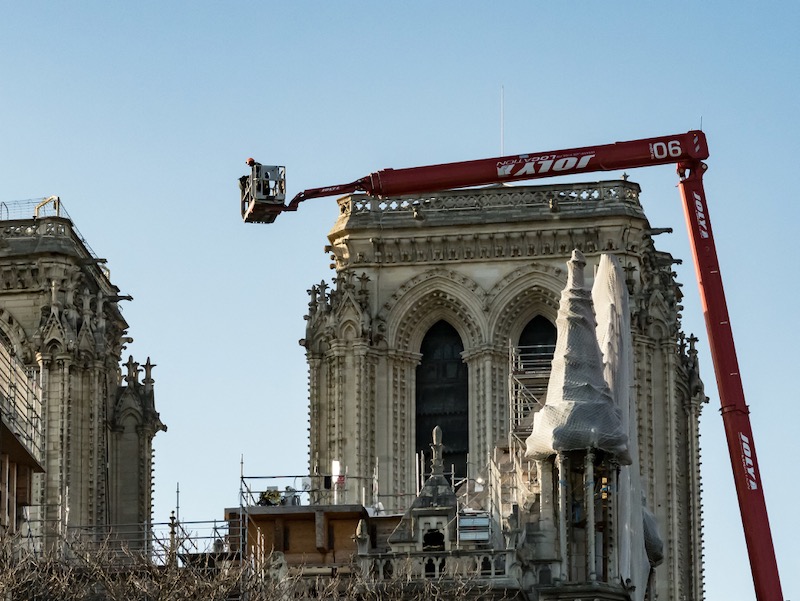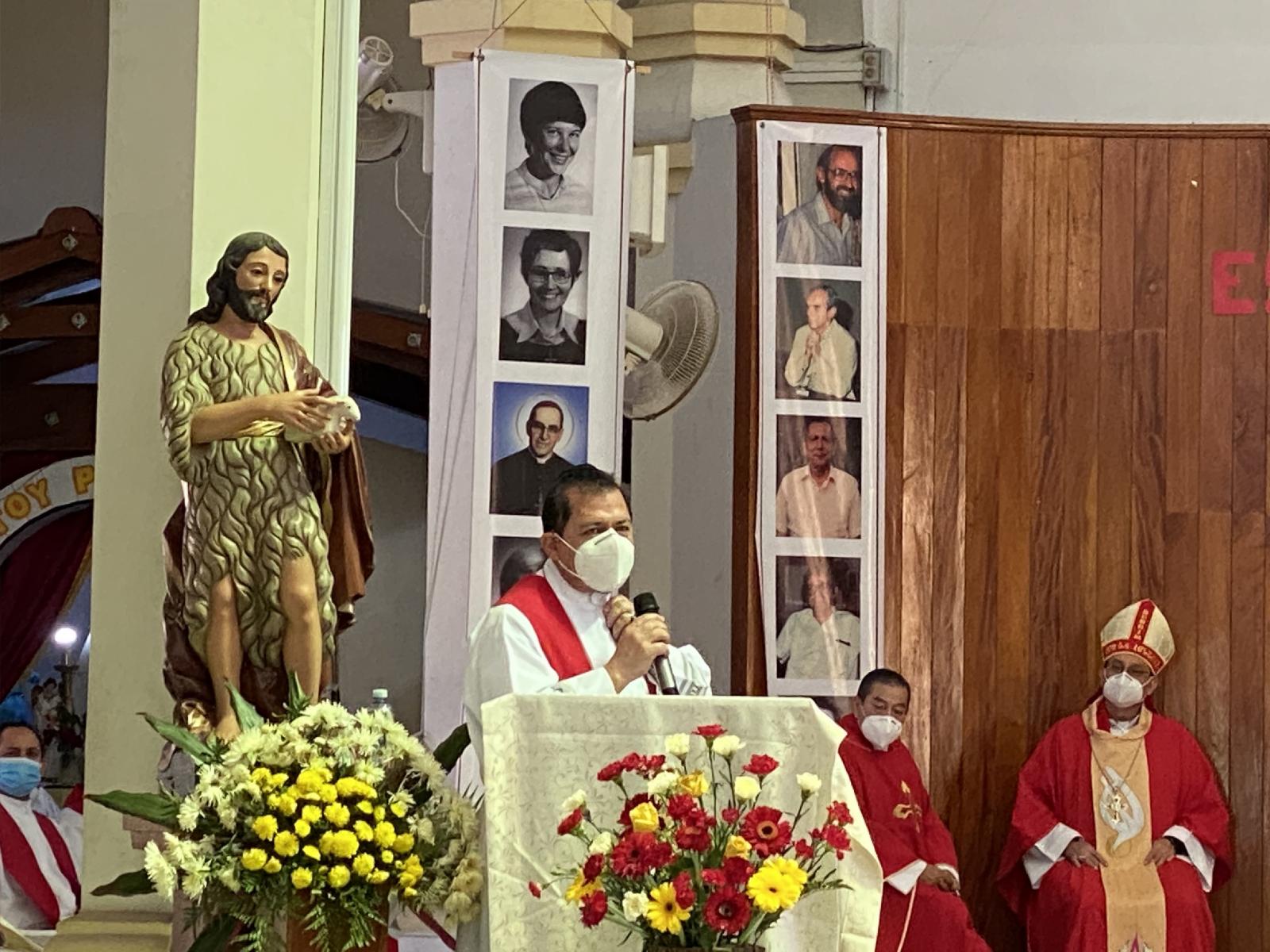Pope Francis has paid tribute to four female missionaries from the United States who were raped and killed by members of the El Salvador military forces forty years ago, while a senior Rome-based cardinal hailed them as martyrs.
Sr Ita Ford, 40, Sr Maura Clarke, 49, were Maryknoll Sisters from New York, Sr Dorothy Kazel, 40, an Ursuline Sister from Cleveland and Jean Donovan, 27, a lay missionary who was engaged to be married, also from Cleveland, were murdered on 2 December 1980 during El Salvador’s brutal civil war.
Despite their courage, the US government dismissed the women as “more political activists than religious sisters”, and even suggested their deaths were caused by military crossfire.
Forty years later, the Pope hailed the women as “an example to everyone to become faithful missionary disciples” who had courageously put their lives on the line to serve the marginalised.
“They brought food and medicine to the displaced and helped the poorest families with evangelical commitment and taking great risks,” the 83-year-old Argentinian Pontiff said during the 2 December Wednesday General Audience live-streamed from the Vatican’s Apostolic Palace. “These women lived their faith with great generosity. They are an example for everyone to become faithful missionary disciples.”
The four women had travelled to the Central American country after then-Archbishop Oscar Romero appealed for volunteers to help with the deteriorating humanitarian situation, and they remained in the country despite the increased risk to their lives following Romero’s death, which occurred on 24 March 1980. The murders of the women took place just eight months after Romero's assassination during a brutal crackdown by a right-wing Government intent on eliminating dissent.
“Jean, Dorothy, Ita and Maura were evangelisers and are martyrs,” Cardinal Michael Czerny, who is the Pope’s point man on migrants, said during a Mass to make the anniversary of their deaths. “Theirs, mysteriously but without doubt, is the triumph, because vigorous, courageous acts of solidarity and compassion persist in dreadful, risky conditions.”
He said the women were “martyrs at a local, humble level, in their work with the poor, with the displaced, with the grieving” and that “they witnessed to a loving God whose preferential love is for the poor and marginalised.”
The Jesuit cardinal’s remarks came during a homily at the “Caravita” church in Rome in a commemorative liturgy organised by female religious superiors and the Romero Trust and attended by the US Ambassador to the Holy See, Callista Gingrich. Other celebrations took place in the US and London to mark the anniversary.
Cardinal Czerny served in El Salvador in the late 1980s. He arrived shortly after the murder of six Jesuit priests in 1989, taking over a role in the Central American University which had been held by one of the murdered priests, and served there for two years.
During his homily, he read an account of the “passion and death” of the four women written by Fr Gregory Chisholm, a Canadian missionary who works in the Peruvian Amazon.
“On the way to the airport, at the side of the road, we came upon the sisters’ abandoned and burnt-out minibus, and we took in all the details of the horrible scene,” Fr Chisholm explained adding that the US Ambassador at the time, Robert White, helped recover the bodies and “broke down with great grief and tears since he had known the sisters quite well.”
Fr Chisholm was highly critical of the response to the deaths by President Ronald Reagan’s administration which gave hundreds of millions in aid to the repressive Salvadoran government of the time. The deaths took place in the transition period between the President Jimmy Carter and Reagan administrations. Carter, who had pledged a foreign policy which stood up to dictatorships, ended up giving financial support to the military rulers in El Salvador. Reagan then upped this contribution dramatically.
“Far away in Washington, a new government – that of President Ronald Reagan – had been elected a month earlier but not yet taken office. The same day the missionaries’ bodies were found, Alexander Haig, recently nominated as the next Secretary of State, made the shameless and absolutely unfounded suggestion that the Sisters had maybe ‘run a roadblock and been killed in an exchange of fire’,” Fr Chisholm explained. “In fact, the completely burned out minivan showed no signs of bullet holes whatsoever.”
He added: “In the same arrogant way Jean Kirkpatrick, recently nominated by Reagan as US Ambassador to the UN, just a few days before the death of the Sisters had said publicly that the human rights policy of the out-going Jimmy Carter regime ‘...would be thrown out into the garbage under the Reagan government’. Then, shortly thereafter she declared that the missionaries killed in El Salvador were ‘more political activists than religious sisters’!”
The charge of political activism is one often made against religious sisters who involve themselves with risky charitable or social action work. St Oscar Romero was also accused of being politically motivated both during his life and after death, and it was partly for this reason that his canonisation cause proceeded so slowly.
In his homily, Cardinal Czerny reflected that as “Jesus did vis-à-vis the powerful of his time, the four missionaries also testified to those who have ears but do not hear the cry of the poor, whose arrogant and cynical eyes do not see the Kingdom of God at hand.”
But he also pointed out that one of the four members of the El Salvador National Guard convicted of killing the women later confessed to a Maryknoll Sister and asked for forgiveness.
“So true vindication may come, not from very imperfect human justice, but from divine reconciliation. This surely is a triumph of mercy, of light over darkness, of life over death,” the cardinal said.
You can watch a documentary - Roses in December - about the four missionaries, focusing on Jean Donovan.



 Loading ...
Loading ...